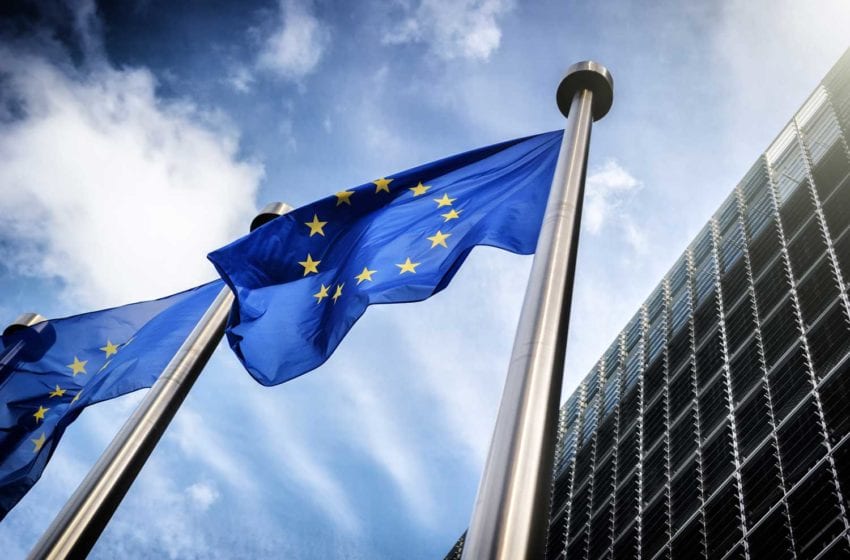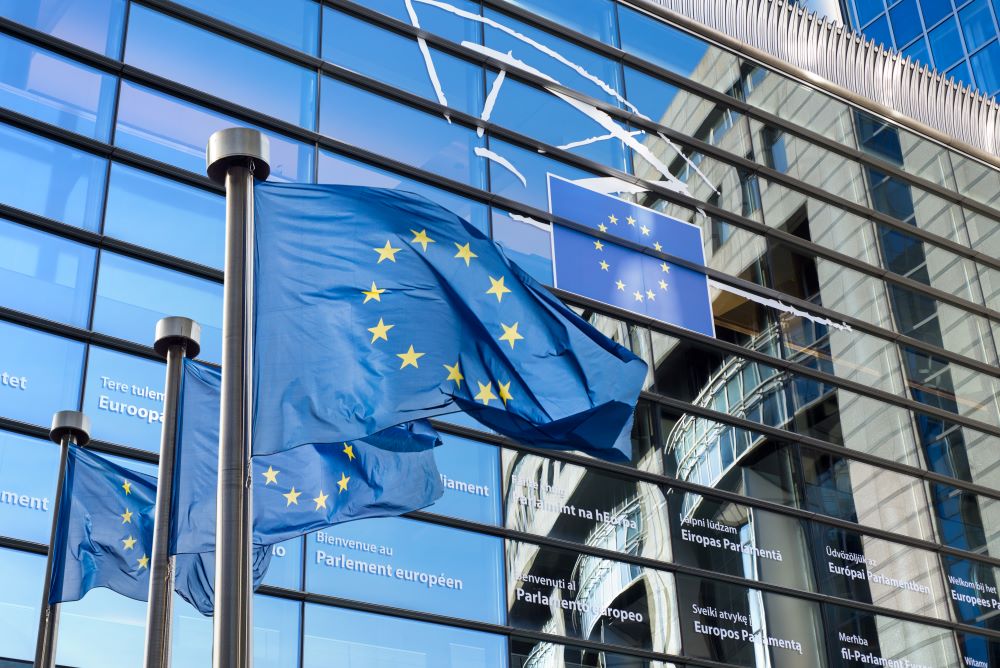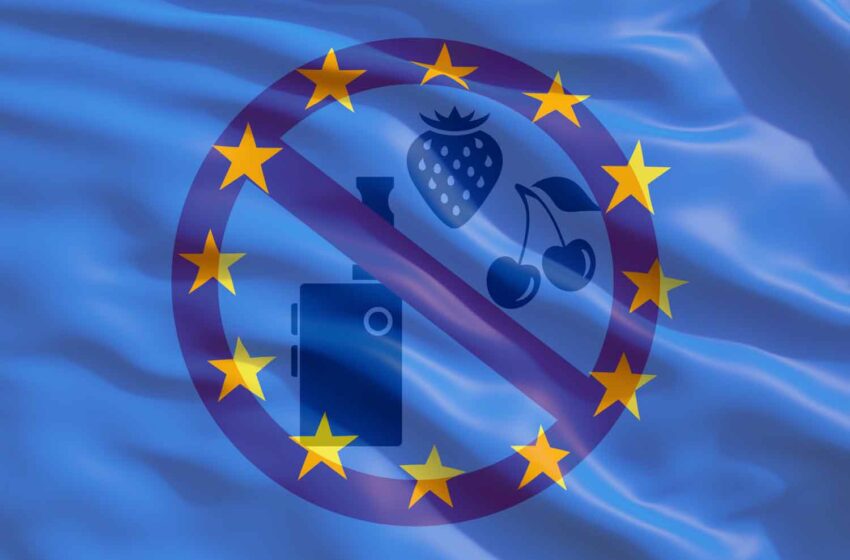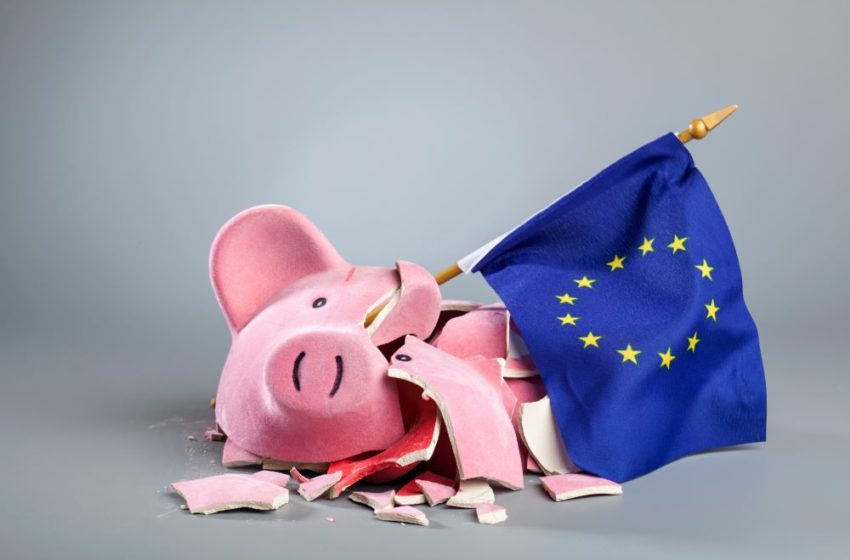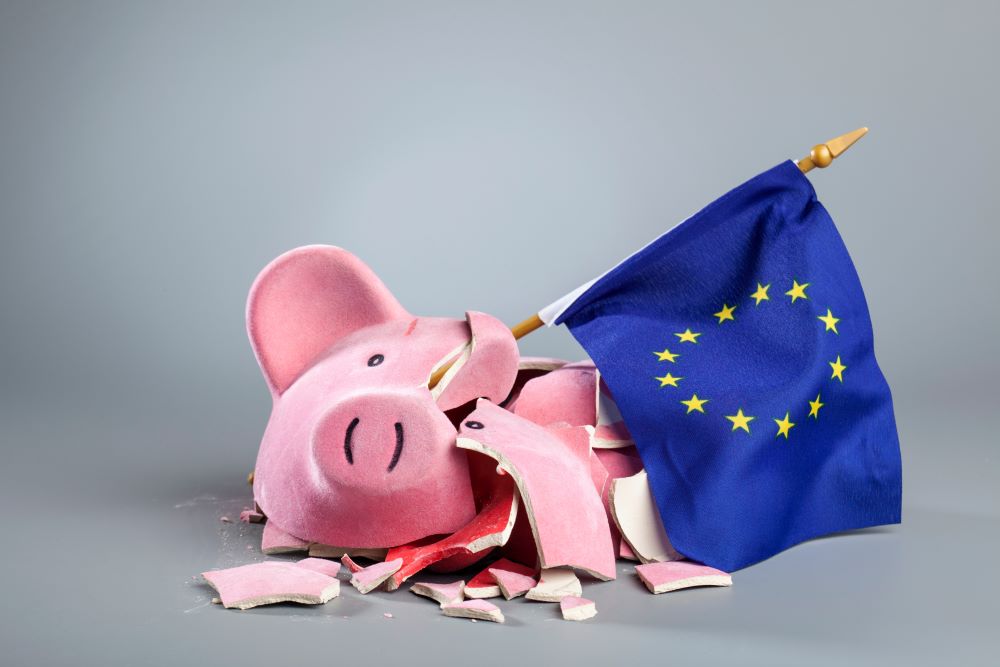
Several MEPs are finalizing their draft joint resolution on smoke- and aerosol-free environments. The topic will be debated in plenary on Wednesday (November 27), and the text will be put to a vote in the European Parliament the following day.
According to the document, seen by Euractiv, MEPs primarily aim to urge member states to “extend public smoking bans to new and emerging products such as heated tobacco, e-cigarettes, and other aerosol-emitting products.”
The draft resolution proposes extending smoking and aerosol use bans to key outdoor areas, including outdoor restaurants and cafés, workplaces, the surroundings of healthcare facilities, educational institutions, care facilities, and public transport, including bus and tram stops, and train stations.
Railway platforms, airports, recreational areas, and other areas of high congregation would also fall under the scope of these restrictions.
Furthermore, the Commission, according to the document, should conduct studies and encourage research on the risks of secondhand exposure to heated tobacco and aerosols, including those emitted by e-cigarettes.
The document, which must still be finalised before the vote, also highlights the need to combat the sale of black-market vaping products. According to the draft resolution, “the Commission and member states should commit to taking stricter measures.”

